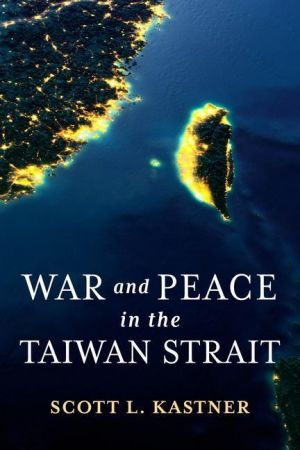
English | 2022 | ISBN: 0231198647 | 269 pages | True PDF | 7.1 MB
As tensions continue to rise between the People's Republic of China and Taiwan, numerous analysts and officials have warned of a growing risk of military conflict, which could potentially draw in the United States. How worried should we be about a war in the Taiwan Strait?
Scott L. Kastner offers a comprehensive analytical account of PRC-Taiwan relations that sheds new light on the prospects for cross-strait military conflict. He examines several key regional trends that have complex implications for stability, including deepening economic integration, the shifting balance of military power, uncertainty about the future of U.S. commitment, and domestic political changes in both the PRC and Taiwan. Kastner argues that the risks of conflict are real but should not be exaggerated. Several distinct pathways could lead to the breakout of hostilities, and the mechanisms that might allay one type of conflict do not necessarily apply to others—yet war is anything but inevitable. Although changes to the balance of power introduce risks, powerful mitigating factors remain in place and there are plausible steps to reduce the likelihood of military conflict.
Drawing on both international relations theory and close empirical analysis of regional trends, this book provides vital perspective on how a war in the Taiwan Strait could occur—and how one could be avoided.



